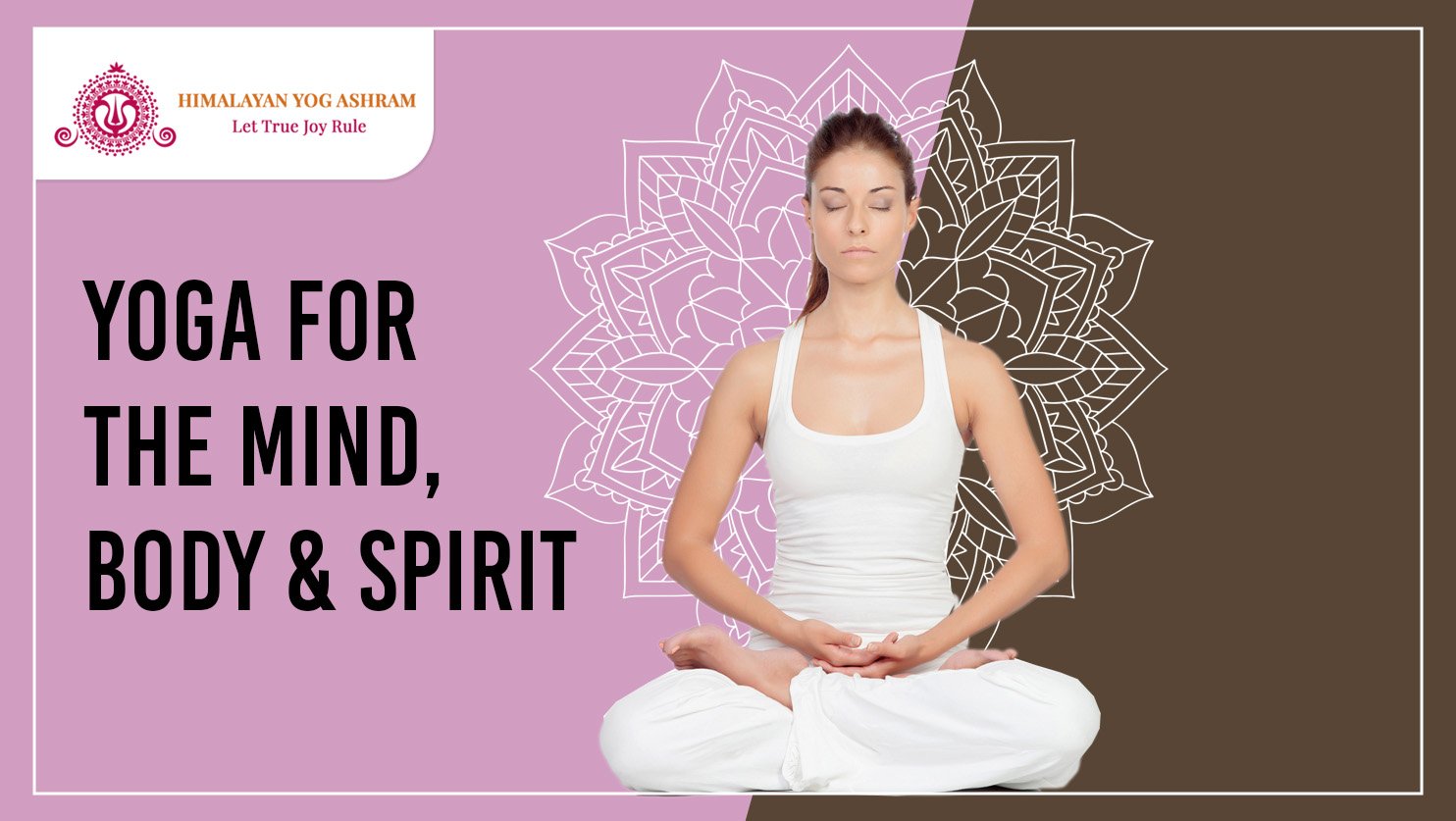Yoga (or “union”) relates to the integration of different facets of an individual – mind, body and soul – so that he or she may lead a happy and balanced life, full of purpose. Yog originated about 5000 years ago in India. It is believed that for an individual to be in harmony with himself and nature, his intellect, actions, and feelings must be in perfect balance. Through breathing, exercises, and meditation, helps the individual achieve this perfect balance.

Based on the belief that breath is fundamental to life, those who practice yog learn breathing control and even increase their breathing, They are then able to move on to the next level: meditation. Meditation helps in quieting and calming the mind, building focus and relieving stress.
Yoga has many long-lasting benefits. Yog-related exercises result in better circulation by stimulating the organs, and overall improved health.
There are different branches of Yoga:

Hatha: yoga of postures, the most common style using Asanas ( physical poses, breathing techniques – “pranayama”) and meditation for better physical and spiritual health
Bhakti: yoga of devotion Bhakti, the yog of devotion, emphasizes the importance of love and devotion in one’s practice, offering a path to spiritual fulfillment. Participating in a meditation retreat in Rishikesh can further deepen this practice, offering immersive experiences that enrich one’s journey toward a balanced and harmonious life.
Raja: yog of self control Yoga’s holistic approach to health makes it an invaluable practice for physical fitness, mental clarity, and spiritual growth. Raja, the yog of self-control, emphasizes the importance of discipline and mental focus in one’s practice, offering a structured path to mastery over the mind and body.
Jnana: yoga of the mind Jnana Yoga, often referred to as the “Yoga of the Mind” or the “Path of Knowledge,” is one of the four main paths of yog in Hindu philosophy. The goal of Jnana Yog is to achieve self-realization and enlightenment through the pursuit of knowledge, wisdom, and understanding.
Karma: yoga of service Karma, known as the “Yog of Service” or the “Path of Action,” is one of the four main paths of yog in Hindu philosophy. It emphasizes selfless action performed for the benefit of others and the greater good, without attachment to the results or personal gain.
Tantra: yoga of rituals Tantra is a complex and diverse tradition that includes a wide range of practices designed to harness and channel spiritual energy in various ways.
As illustrated above, yoga is essentially a set of techniques that are practiced by people all over the world.
There are also different styles of yog. The most well-known are: Bikram , Hatha , Kundalini , Ashtanga , and Nude Yog. To know which style suits you best, you must first understand each style.
Do You Need Yoga?
The answer is a resounding YES. Yog benefits those who want to lead a healthy and stress-free life. You do not need any special equipment or clothing to practice, and by practicing it, you can achieve better fitness and muscle tone. Yog also enables you to achieve a sense of inner peace, helping you create the formula for a better quality of life: a healthy body and healthy mind.
For beginners, it is important to be aware of what to expect, what precautions to take, and how to practice accordingly. Yog asanas (postures) can enhance your health while making you more mentally aware and alert.

If you would like to practice yog and suffer from pre-existing medical conditions, it is best to consult your physician before attempting yog exercises. There are specific guidelines that should be followed when you practice the various yog exercises and poses.
Yog is a great way to stay fit and because of its various benefits, it has become an integral part of life for many people. Even children can practice yoga; by helping to alleviate many of the pressures children have to deal with, yog can create better concentration and performance at school.
With a thorough understanding of all that yog has to offer, you can also experience its benefits.
Conclusion
With a comprehensive understanding of yog and its benefits, anyone can incorporate it into their life for enhanced well-being. Yoga’s holistic approach to health makes it an invaluable practice for physical fitness, mental clarity, and spiritual growth. Participating in a meditation retreat in Rishikesh or a yoga retreat in Rishikesh can further deepen this practice, offering immersive experiences that enrich one’s journey toward a balanced and harmonious life.




